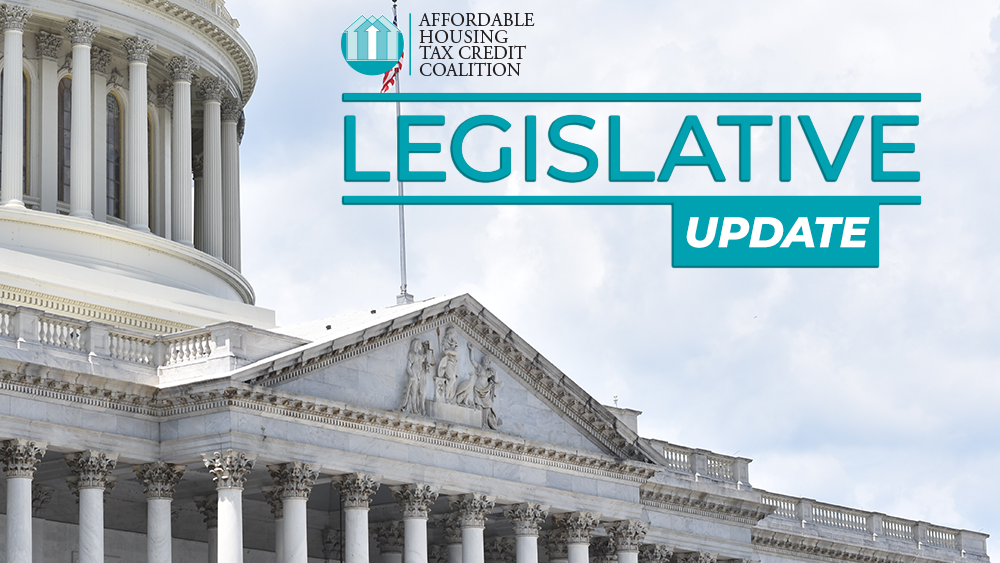On Wednesday, September 27, the administration and Republican congressional leadership (commonly referred to as the “Big Six”, comprised of Ways and Means Chairman Brady (R-TX), Finance Committee Chairman Hatch (R-UT), Speaker Ryan (R-WI), Senate Majority Leader McConnell (R-KY), National Economic Council Chair Cohn and Treasury Secretary Mnuchin) released a general framework for tax reform that will guide congressional consideration of tax reform. This is just a very general and aspirational framework that intentionally defers to the tax writing committees to fill in many of the details. It is attached for your review.
We are pleased and grateful that the authors of this document have explicitly recommended that the low-income housing tax credit be one of only two corporate tax credits (along with research and development) to be retained in a reformed tax code. The authors specifically noted the that the program has proven “effective in promoting policy goals important in the American economy”. Although, as discussed below, we cannot be complacent at this point in the process, having the housing credit included in this plan is a major accomplishment for the affordable housing industry and demonstrates the impact of our years-long efforts with the Congress and more recently, with this administration to demonstrate the critical importance of and need for the housing credit.
However, much work needs to be done. Tax-exempt housing bonds, the source for much of the housing credit’s production, are not mentioned in this plan. Moreover, we remain concerned that elements of the Camp discussion draft pertaining to the housing credit, which we felt would have a negative impact on the program, could be included as the process moves forward. Finally, while the recommendation to retain the hosting credit is an important step, we will need to work hard to maintain the program in the final legislation. We will also seek to incorporate the Cantwell-Hatch/Tiberi-Neal bills in this process. We are working with the Big Six and the staffs of the tax writing committees to ensure that the effectiveness of the credit will be preserved and enhanced in the final legislation, consistent with the goals of Cantwell-Hatch and Tiberi-Neal. This is a process that began months ago with discussions between Joint Committee on Taxation and Ways and Means Committee staff and us and our ACTION partners in anticipation that the corporate rate would be reduced and other relevant changes to the tax code would be enacted.
The expectation of the Big Six is to get legislation to the president’s desk by the end of the year. However, with less than 40 legislative days remaining, that goal will be daunting at best. It would not be surprising if the Congress continues work on tax reform legislation after the first of the year. Also, it appears the leadership will attempt to use reconciliation as the vehicle for this effort, so that it can pass the Senate with 50 votes. However, it may not be possible to accomplish tax reform on a purely partisan basis, given deep divisions on the Hill. This should be seen as the latest chapter in the tax reform saga, with many chapters and plot twists to come.
There are other elements of the plan that would affect the industry, including the proposed 20% corporate rate. Please recognize that like the rest of the plan, the rate recommendation is aspirational but not necessarily the final rate that will emerge from congressional negotiations. At this point, we do not believe the corporate rate will rise much above the low-to mid-20s. There will be enormous pressure from many interests to maintain other tax expenditures that will affect the final rate.
We are available to answer any questions you may have.



Comments are closed.